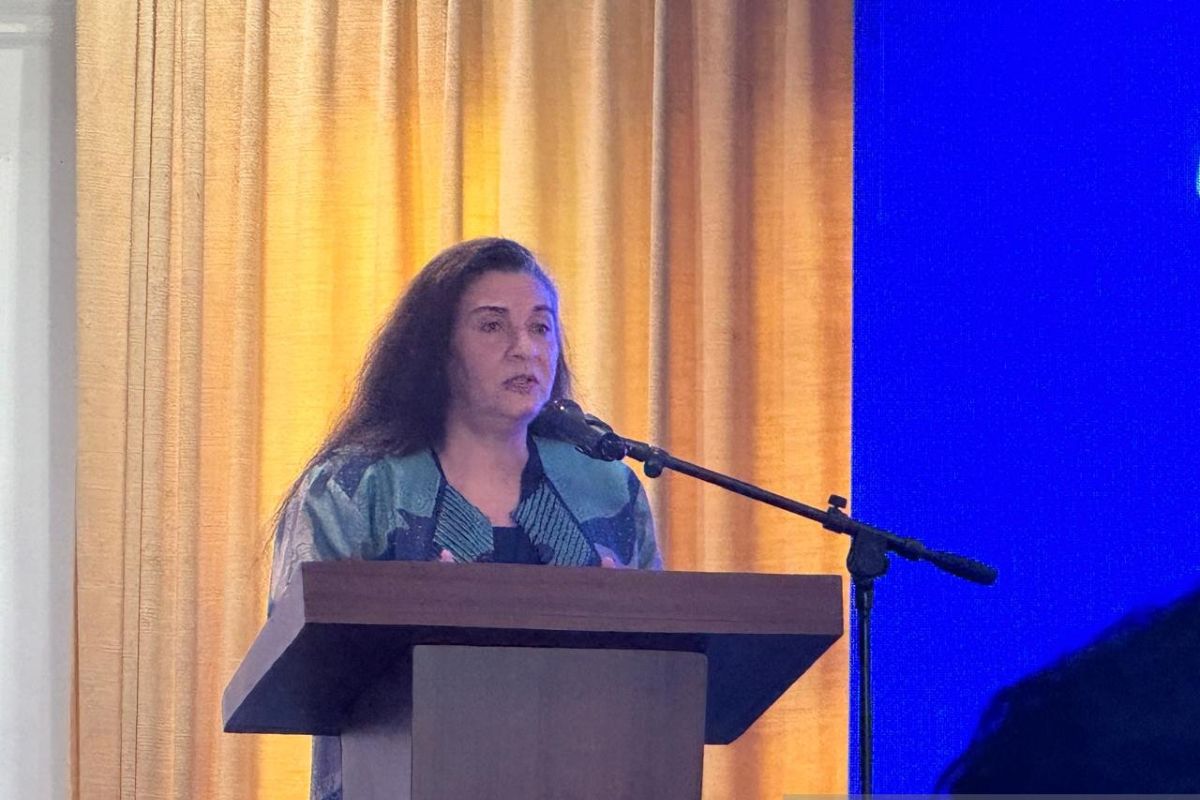Artificial Intelligence (AI) is reshaping industries worldwide, and agriculture is no exception. In Indonesia, where agriculture forms a cornerstone of the economy, the integration of AI presents vast opportunities to enhance productivity, sustainability, and job creation. This vision was emphasized by Simrin Singh, the Director of the International Labour Organization (ILO) Indonesia, during a recent seminar in Jakarta.
Opportunities for Transformation
AI-driven tools can revolutionize agriculture by optimizing resource use, increasing yield efficiency, and enabling precision farming. According to Singh, leveraging AI technology can empower farmers, streamline supply chains, and open doors to sustainable practices. This approach not only improves food security but also aligns with global sustainability goals. The incorporation of AI, such as predictive analytics and smart farming technologies, ensures inclusivity by allowing small-scale farmers to compete in larger markets.
Addressing Concerns
Despite the optimism, the adoption of AI in agriculture raises concerns about potential job losses due to automation. Singh acknowledges these fears but emphasizes a human-centered implementation strategy. In Indonesia, AI is perceived as a tool to complement human labor rather than replace it. Training programs and skill-building initiatives are pivotal to ensuring farmers can effectively utilize these technologies.
Creating Decent Jobs and Sustainability
By fostering an inclusive agricultural ecosystem, AI can drive the creation of decent jobs. The technology promotes environmental sustainability through efficient resource management and reduces waste, contributing to a healthier planet. The key lies in ensuring that the use of AI aligns with ethical and equitable principles, as highlighted by the ILO.
The Way Forward
As AI continues to advance, its potential to reshape Indonesian agriculture grows exponentially. Policymakers, industry leaders, and stakeholders must collaborate to create a framework that supports AI adoption while safeguarding jobs and promoting fair practices. With the right approach, AI can serve as a catalyst for a resilient and prosperous agricultural sector in Indonesia.
The integration of AI into agriculture offers Indonesia a pathway to enhanced productivity, environmental sustainability, and economic resilience. As emphasized by the ILO, the key to success lies in a balanced approach that harnesses AI’s potential while prioritizing inclusivity and human development.
Read More






 Friday, 27-02-26
Friday, 27-02-26







